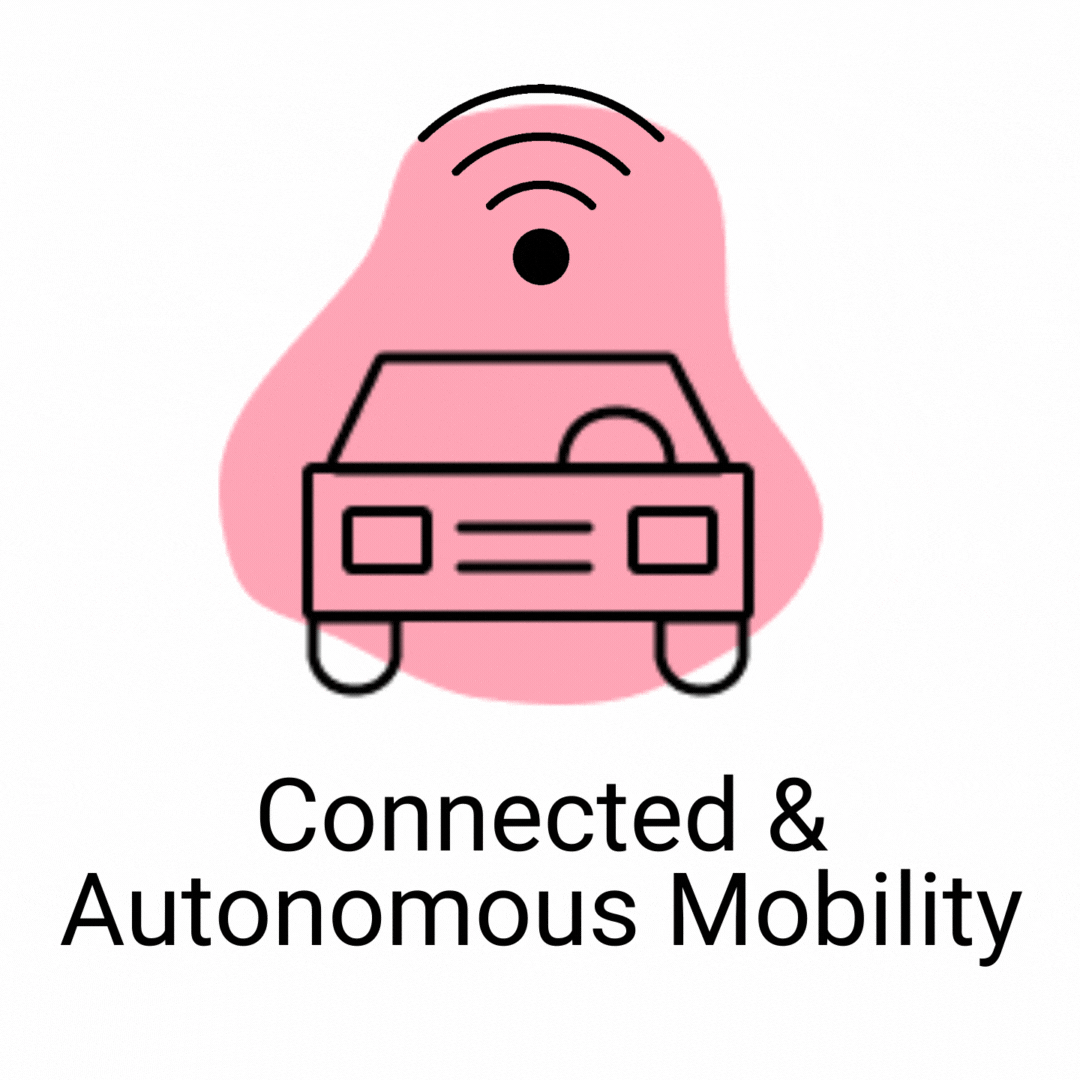Overview
Trajectory data from connected vehicles (CVs), pedestrians, and micromobility sources such as scooters and bikes is an important input for researchers and policy makers to improve safety and develop innovative location-based applications. To address security and privacy concerns associated with the storage and preservation of this raw data, it must be stored and accessed from a non-proprietary database.
However, obfuscation and encryption techniques on existing cloud-based solutions incur data losses that are inefficient for accurate usage, which is especially detrimental in time-sensitive real-time operations. C2SMART researchers developed a more efficient, secure, blockchain-based system to story mobility data on a distribute ledger. To store this data at scale, researchers leverage InterPlanetary File System (OPFS), a scalable distributed peer-to-peer data storage system, and develop efficient consensus algorithms to prevent users from injecting malicious or fake trajectories into the ledger.
Research Objectives
Implementation of the research tools produced by this project is envisioned to substantially enhance traffic control in congested networks, reducing congestion network wide via distributed algorithms. From a theoretical standpoint, the research will tailor data analysis techniques to traffic problems in very novel ways. This is envisioned to advance knowledge in both areas (traffic engineering and data analysis).
This blockchain-based approach to storage of trajectory data allows access and utilization without compromising personal information. The results from this research show that trajectory data can be scalably stored with lower access delay and storage overhead than existing cloud-based methods, opening up new possibilities for research applications that rely on secure or sensitive data.






